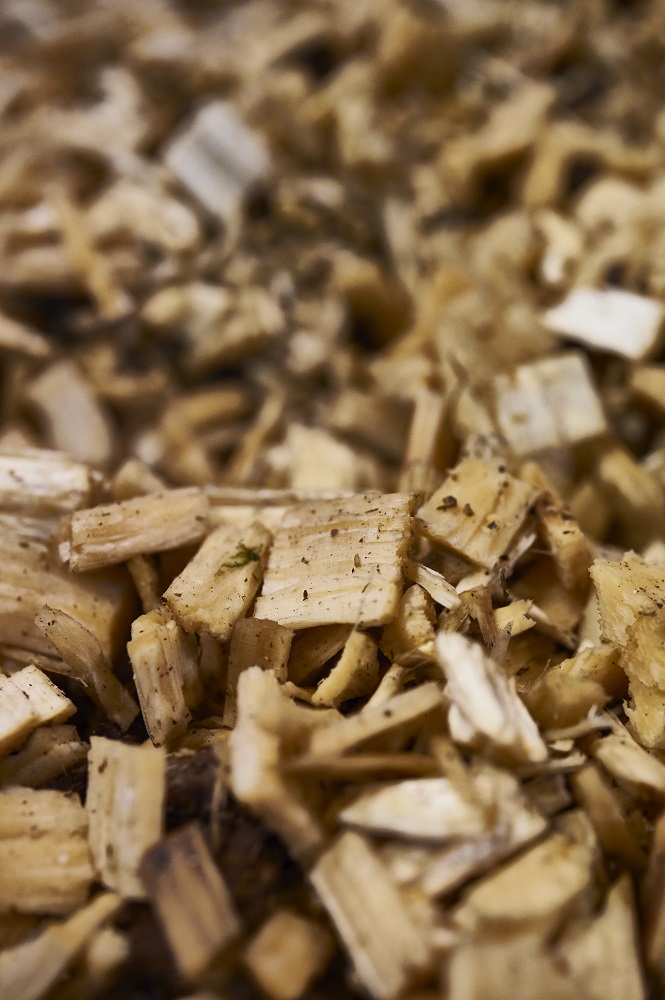The Department for the Economy (DfE) in Northern Ireland has announced the appointment of energy expert Andrew Buglass to consider the issue of hardship relating to participants in the NI Non-Domestic RHI scheme (NIRHI).
Buglass’ appointment follows a Call for Evidence process with NIRHI participants, which took place in the summer. It sought evidence of the presence and nature of financial hardship as a result of changes in the NIRHI tariffs. The Department has now published its response to that consultation.
While the majority of the 78 respondents to the Call for Evidence claimed they face hardship as a result of the tariff changes, only a minority submitted sufficient supporting evidence to the Department of their circumstances. Many indicated a preference to instead deal directly with the independent person or panel that would consider the issue.
Buglass, an independent consultant with significant experience advising on energy schemes, will engage with participants to consider and seek evidence of hardship suffered by businesses as a result of participation in NIRHI.
He will develop a relevant definition of hardship, investigate its presence as a result of NIRHI participation, and make recommendations to the Department on any appropriate course of action. He intends to report to the Department before the end of the year.
The Ulster Farmers’ Union says the appointment of an independent figure to review RHI hardship is long overdue and it is crucial that the specific hardship challenge facing Northern Ireland as result of the unjustified RHI tariff cuts, is fully recognised. The UFU also warned that given the review is specific to RHI and NI, it should not have any bearing on other schemes.
UFU deputy president Victor Chestnutt said: “In their response the DfE addressed some of the UFU’s concerns and reservations regarding the need for an independent industry expert to oversee and define the hardship. The appointment of energy expert Andrew Buglass, is a step forward but it is vital that Buglass, who intends to report to the Department before the end of the year, fully grasps the nature of this case which has no ties to other schemes and relates only to Northern Ireland.”
The UFU said it was cautious about commenting further until the recommended approach to hardship is confirmed as this will determine the level of support offered in cases where hardship is found.
“Crucially, DfE in their response outlines their commitment to a further independent review of the RHI tariffs. The drastic cuts make Northern Ireland’s scheme uncompetitive when compared to tariff rates in Great Britain and the Republic of Ireland. The Northern Ireland Affairs Committee (NIAC), stressed concerns over the short time frame for the initial decision on payments and lack of opportunity for scrutiny. It is recommended the amounts be revised and for NI’s scheme to have parity with other RHI schemes. We would like this to be fully honoured alongside the points and suggestions we have made urgently.
“In this long drawn out process so much is at stake and RHI recipients, including many of our members who availed of the scheme in good faith, continue to face dire financial consequences with many livelihoods at risk,” said Chestnutt.


